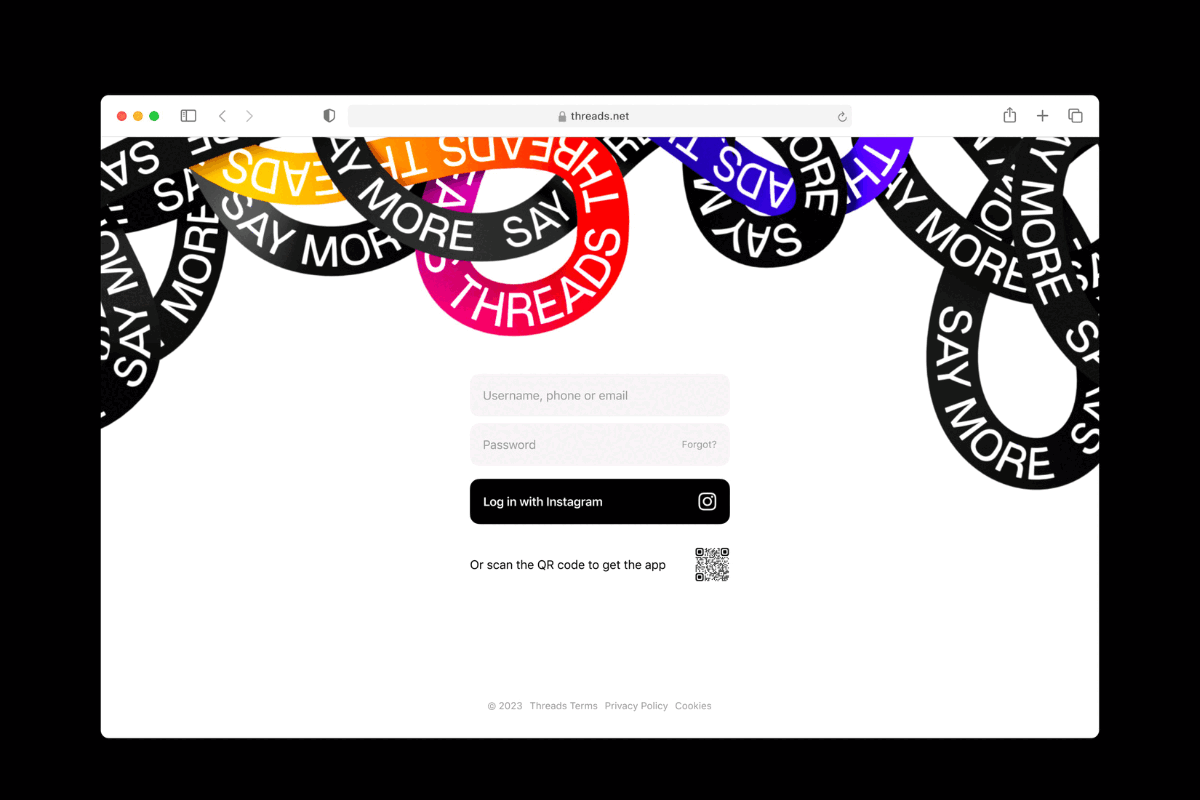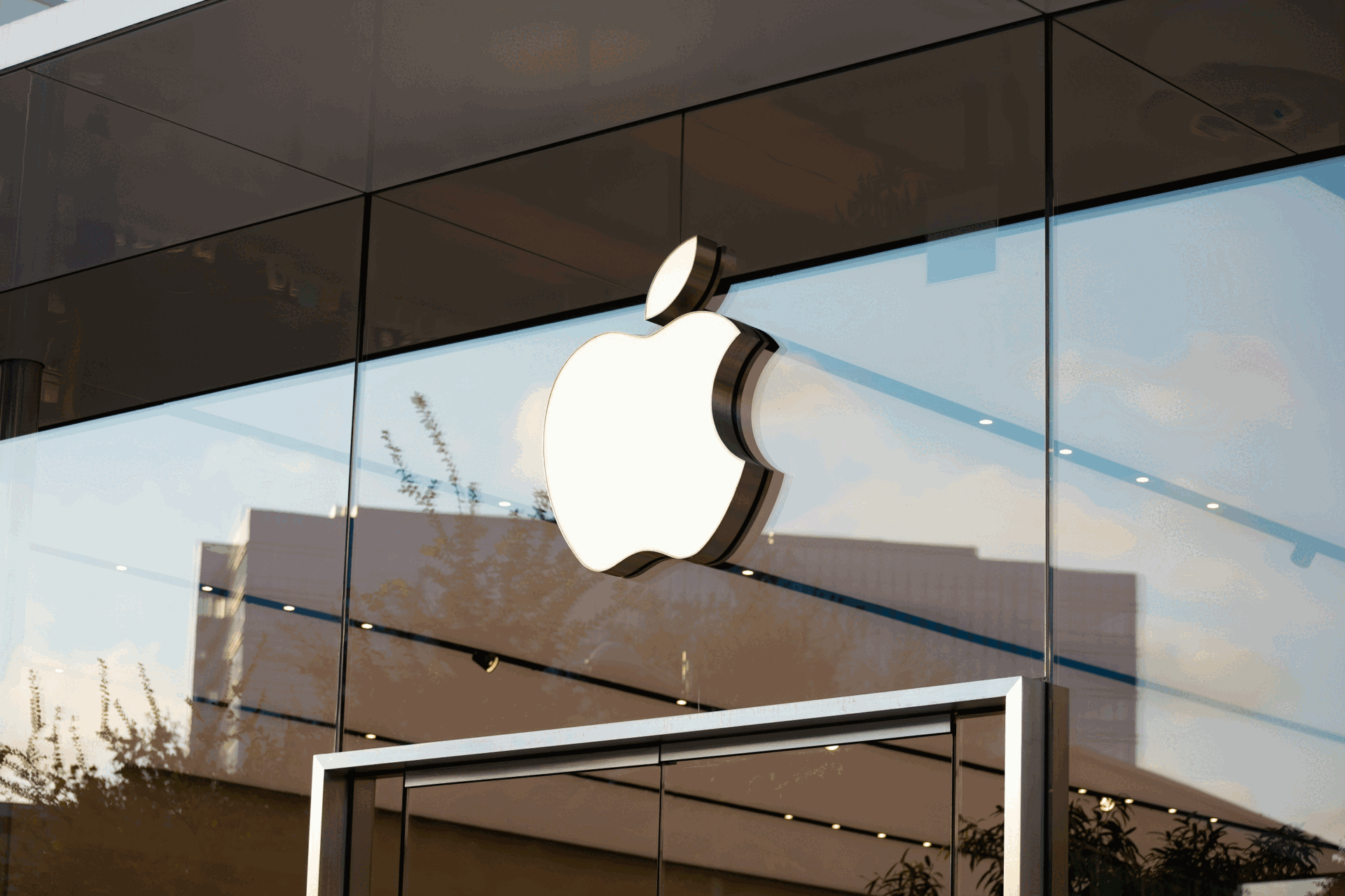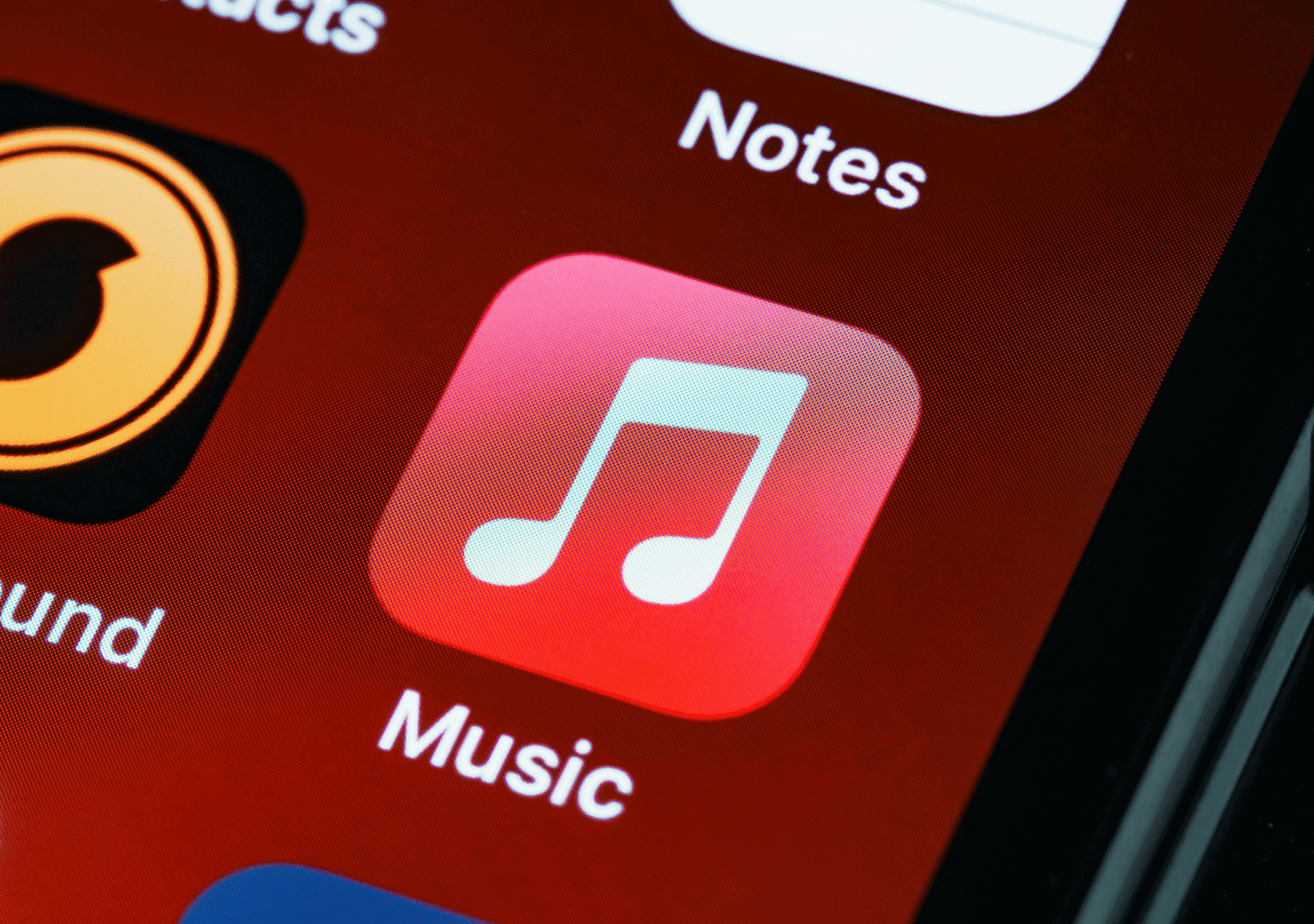Microsoft Says Hello to Facial Recognition, Goodbye to Internet Explorer
- Tuesday, March 17th, 2015
- Share this article:
 Microsoft has unveiled Windows Hello, a biometric authentication process for Windows 10 that enables users to unlock their device by scanning their fingerprint, face, or even the iris of their eye.
Microsoft has unveiled Windows Hello, a biometric authentication process for Windows 10 that enables users to unlock their device by scanning their fingerprint, face, or even the iris of their eye.
As well as the device itself, Hello will be used to access certain apps and websites, through a Passport system which Microsoft will make available to developers and site owners.
All authentication happens locally on the device itself, rather than over the network. This protects users biometric data, and Microsoft argues its more secure than the current password method because there is nothing stored on a sites servers that could be accessed by hackers.
The facial and iris recognition use infrared cameras, which promise to recognise the user in a variety of lighting conditions, and combine hardware and software to verify that the camera is not simply being shown a 2D picture.
Obviously in order to support Hello, the devices need to have the relevant scanners. Microsoft says that it is working with hardware partners and promises plenty of compatible devices, but its currently unclear whether this will include any mobile devices.
 Internet Explorer and Microsoft Band
Internet Explorer and Microsoft Band
Hello was one of a few announcements made off the back of Microsoft Convergence, the companys event for enterprise partners.
Speaking at the event, marketing chief Chris Capossela revealed that the company is working to rebrand its browser away from the Internet Explorer name, now nearly 20 years old. The browser codenamed Project Spartan, which announced alongside Windows 10 in January, will be the primary way of accessing the internet on the new OS. Microsoft is currently conducting market research for the browsers official name, which is likely to feature Microsoft branding but will avoid Internet Explorer due to its negative connotations.
The company also announced that it is expanding the availability of the Microsoft Band activity tracker in the US – and making it available in the UK for the first time. The wearable device will go on sale 15 April, priced at £169.99.
















